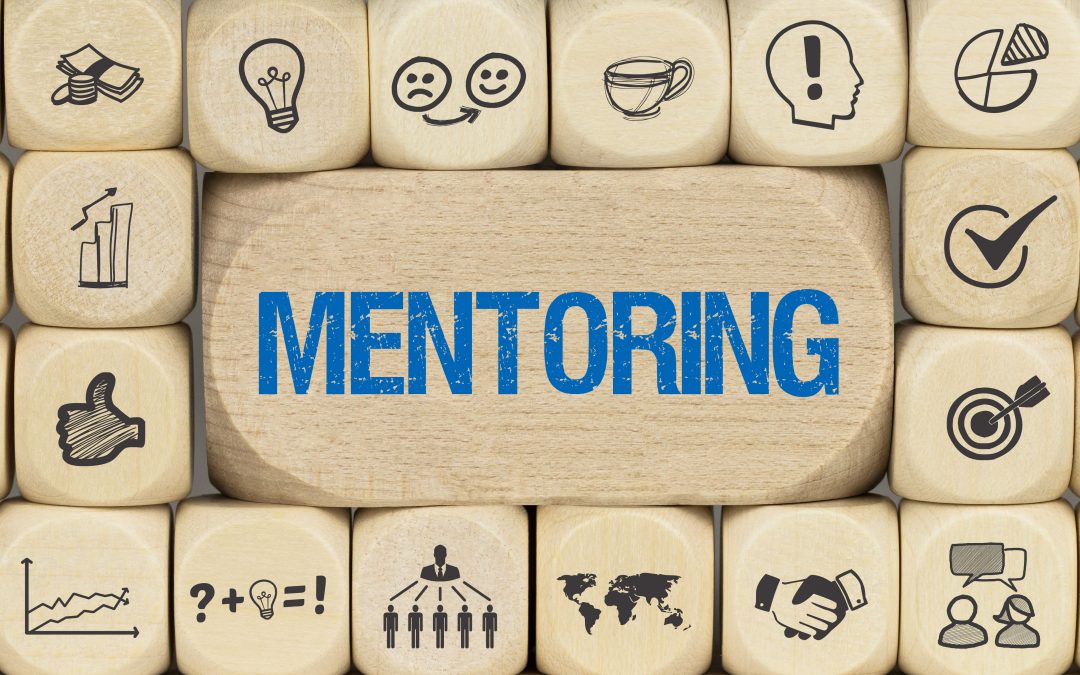Have you ever gone to an architecture conference and seen a more senior researcher in a conversation and wished you could join them? Maybe he/she is the author of an article that you found particularly interesting and would like to get a deeper insight into the work. Or maybe they work at a university or company that you would like to know more about. Thinking that you are just a student and perhaps have a stereotypical engineer’s personality you feel a bit shy and are reluctant to impose yourself on their seemingly important conversation (even if it is more than likely just about the weather). Well, at this year’s ISCA you will again have the opportunity to get matched with a more senior researcher for a one-on-one conversation on any topics of your choice. Our aim is enable you to use this time as a personal mentoring session.
For a third consecutive year ACM/SIGARCH will be sponsoring the “Meet a Senior Architect” program at ISCA. This program, inspired by a similar program at the University of Chicago, where my son was able to talk to a professor whose book he really enjoyed reading, allows students to sign up to talk individually with an architecture researcher. In this case, “senior” is not meant to imply gray hair, but rather any one of a wide variety of more established architecture researchers from industry and academia. Nearly 100 professors and industry researchers have eagerly signed up to talk with you. These volunteers range from new faculty able to tell you their perspectives on how to start a research program to very senior researchers who can provide a comprehensive historical perspective on the evolution of the field.
Many previous participants of the program have responded enthusiastically about how useful they have found their conversations. In a survey from a previous year, most students reported that it was a either a “valuable” or “very valuable” experience. More specifically, respondents called it “fantastic” and “the most valuable experience I had at a conference so far”. Other participants have reported that the contact with their mentor led to a much more productive interaction when they had an opportunity to engage with that person again, such as when working on the organizing committee of a conference or during a job interview.
All students who have registered for ISCA by this weekend will receive an email on how to sign up for this program. As part of the signup process you will be asked to both rank order some number of the volunteers whom you would most like to talk to and beyond that if you would prefer to talk to somebody from industry or academia. We will do our best to match you with a preferred mentor. Once assigned a mentor, you will be asked to email them to arrange a time and place to meet. You might want to consider finding a more isolated place to talk to reduce the likelihood of other people interrupting the conversation you’re having with your Turing Award winning mentor.
On receiving your assignment, you should prepare for the discussion by finding background on your mentor’s research. If you cannot find enough information online, consider asking them for a short bio. Once you know enough about your mentor, think about how you would like to use your 20 to 30 minutes. For example, you can get feedback on your research (be prepared with a technical elevator pitch on your work). Or if your mentor is a well-known member of the community, such as one of many Eckert-Mauchly, Bob Rau or Maurice Wilkes award winners who have volunteered to be mentors, you can ask for deeper background on their contributions or ask what they are currently working on (not what they worked on in the past). If your mentor is one of the several corporate executives who have volunteered, you can ask about the role they play and get advice on directing people. You can also consider asking your mentor:
- their thoughts on the direction of the field in general or of some specialty
- their opinion on the distinguishing attributes of academic and/or industrial careers
- how they set new research directions and their approaches to doing research
- their perspective on long-term career trajectories
- for their advice about interviewing and job searches.
- if appropriate, what it is like to be a woman or URM in the field.
- their advice on work-related issues, such as time management, networking or life/work balance.
Finally, maybe you can get some deeper insights and perspective by getting your mentor to tell life stories about the important points in their career.
So if you registered for ISCA as a student, look for an email with signup instructions before May 14. And plan to sign up when signup begins at 12 noon EDT (1600 UTC) on Monday, May 14th as matching will prioritize those who sign up earlier. If you did not register for ISCA before this weekend or do not receive an email a day before signup opens, you can sign up directly at this link: https://goo.gl/forms/8wopLlvxXxial2i93.
Looking forward to seeing you at ISCA, possibly as your (gray haired) senior architect mentor.
About the Author: Joel Emer is a Senior Distinguished Research Scientist at NVIDIA and a Professor of the Practice at MIT. He is a fellow of the IEEE and ACM and was awarded the Eckert-Mauchly award in 2009. He is also a member of the SIGARCH Executive Committee.
Disclaimer: These posts are written by individual contributors to share their thoughts on the Computer Architecture Today blog for the benefit of the community. Any views or opinions represented in this blog are personal, belong solely to the blog author and do not represent those of ACM SIGARCH or its parent organization, ACM.


